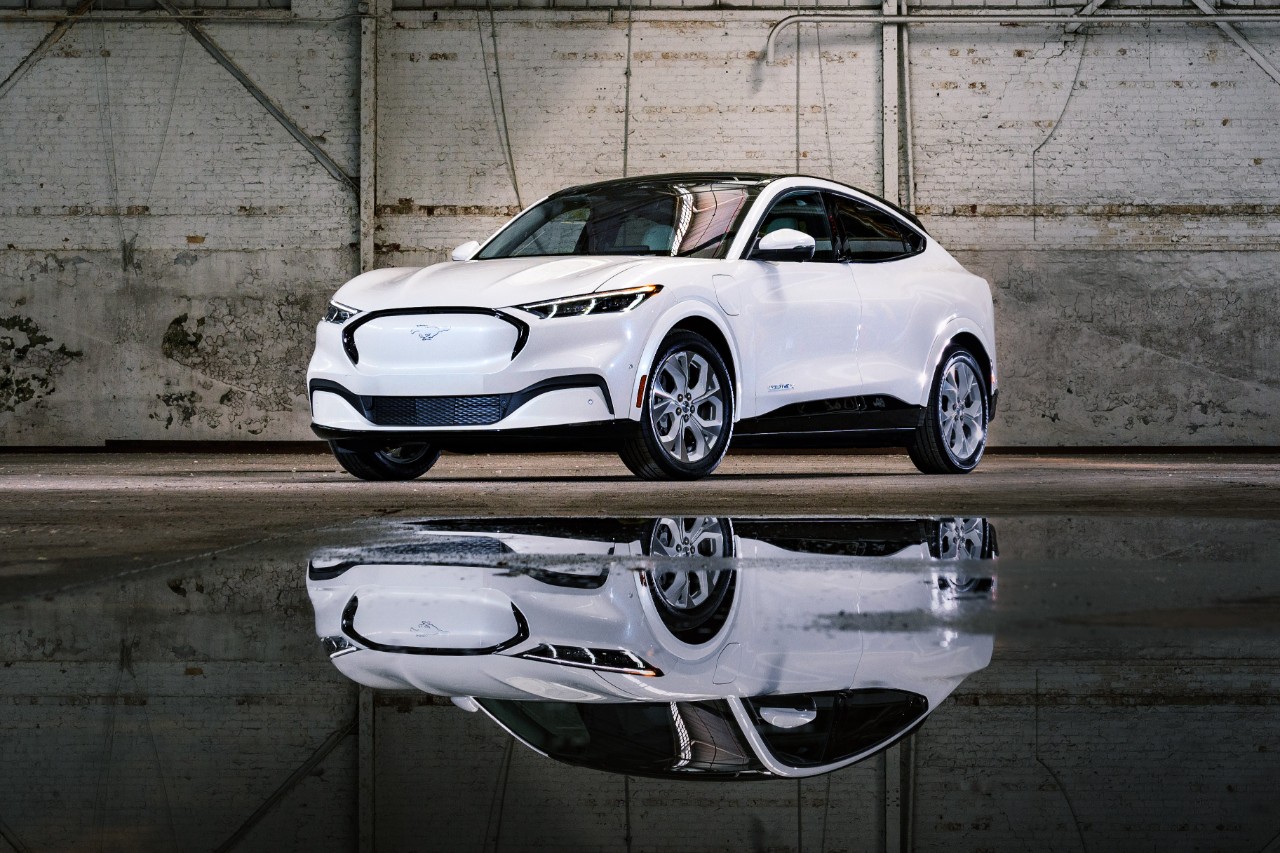Is Ford Motor Company (F 2.35%) planning to spin off its self-driving business as a way to boost its overall valuation?
It suddenly seems possible. Ford said this week that it has formed a new subsidiary to house its autonomous-vehicle program. And it made a point of saying that this new subsidiary will be able to take on third-party investors.
This could be a big deal. At least one Wall Street analyst thinks that rival General Motors' (GM 3.72%) self-driving subsidiary could be worth as much as $43 billion if it were a stand-alone business -- and there are signs that GM is looking at ways to realize that value.
Is that where Ford is going here?

Ford's self-driving effort -- and its controlling stake in self-driving start-up Argo AI -- are being folded into a new subsidiary. Image source: Ford Motor Company.
What it said about its new self-driving subsidiary
Ford said that the new subsidiary, called Ford Autonomous Vehicles LLC, is "charged with accelerating its AV [autonomous vehicles] business to capitalize on market opportunities."
Ford AV (as Ford folks seem to call it) will be run by Sherif Marakby, an Uber veteran who has been leading Ford's electric-vehicle and self-driving efforts. It'll be based mostly in Detroit, rather than in Ford's traditional home of Dearborn, in a neighborhood that Ford is developing as an urban campus.
In addition to doing its own research and development, Ford AV will lead the company's partnership with Argo AI, a self-driving start-up based in Pittsburgh, and will hold Ford's $1 billion stake in Argo.
Ford AV will have its own board of directors, chaired by executive vice president Marcy Klevorn, who leads the company's mobility efforts.
Ford also shuffled its executive deck in an interesting way
This might be a little bit of inside baseball, but the Ford AV announcement also included some intriguing news of executive-responsibility shuffling that points to the possibility of an eventual spinoff of the new subsidiary.
Marakby and his group -- which included both the self-driving team and Team Edison, Ford's electric-vehicle development team -- had been reporting to global markets chief Jim Farley. For all intents and purposes, Marakby and the self-driving team now report to Klevorn, who will chair Ford AV's board. Team Edison, now led by Ted Cannis, will continue to report to Farley. And Ford's chief information officer, Jeff Lemmer, who had been reporting to Klevorn, now reports to global operations chief Joe Hinrichs.
One upshot of these moves: Klevorn's plate has been cleared to focus fully on the mobility businesses. In its statement describing the moves, Ford said, "The closer alignment of the self-driving platform and the mobility solutions teams will allow faster development of businesses that can thrive in the pre- and post-autonomous vehicle worlds."
Another way to look at it: Having all the mobility-related businesses under a single leader would certainly simplify a spinoff of those businesses.
Is a Ford AV spinoff now likely?
There are a number of ways in which Ford could unlock a higher valuation for Ford AV. A spinoff is one possibility -- but realistically, Ford itself probably hasn't decided what it will do yet. It does seems likely that it has been watching GM's moves with GM Cruise and saw good reasons to put its own self-driving effort in a similar position.
In the near term, Ford's move may have been inspired by the news that Japan's SoftBank Group (SFTBF 3.71%) will invest $2.25 billion in GM Cruise in return for a 19.8% stake. That investment gives GM Cruise a stamp of credibility (and a valuation of $11.5 billion) from a big-league tech investor. It also gives GM additional funds to devote to its self-driving program without dipping into its own cash reserve. And it raises the possibility of a public offering of Cruise shares that could unlock significant value for shareholders.
It's not yet clear where Ford plans to take this. But it is clear that the company is thinking about the potential value of its self-driving business, and is at least exploring ways to deliver that value to shareholders. That's almost certainly good news for Ford investors with a long-term approach.
[%sfr%}








